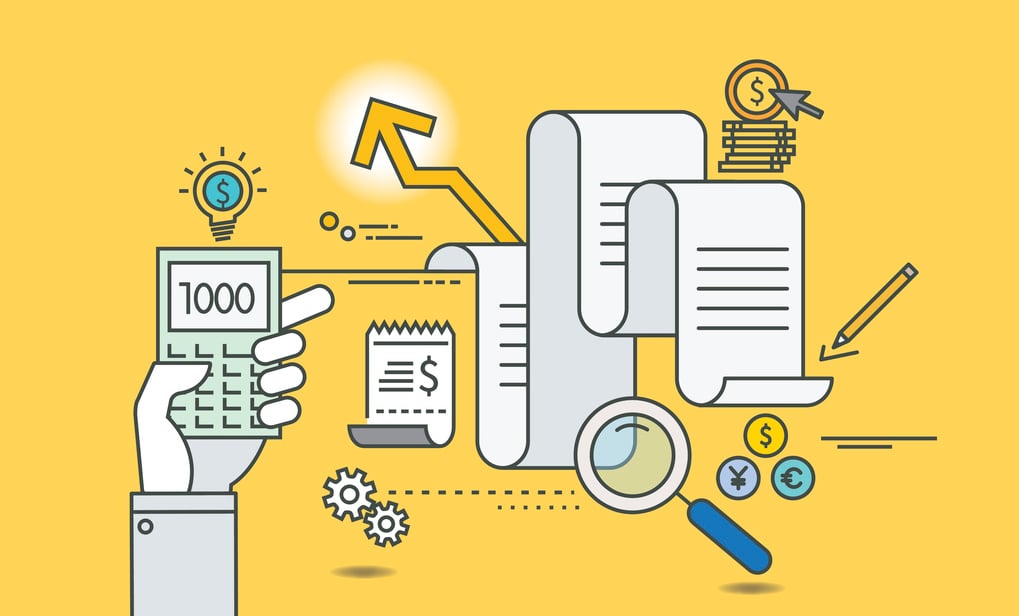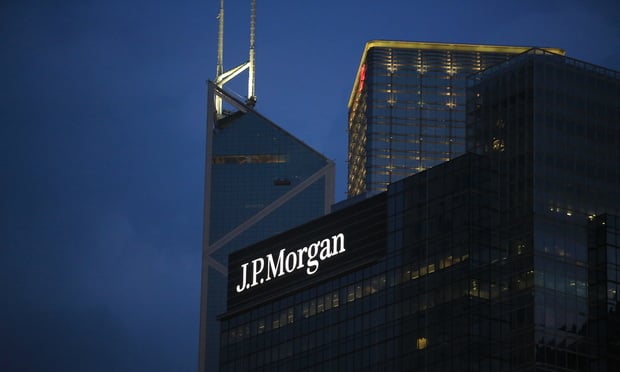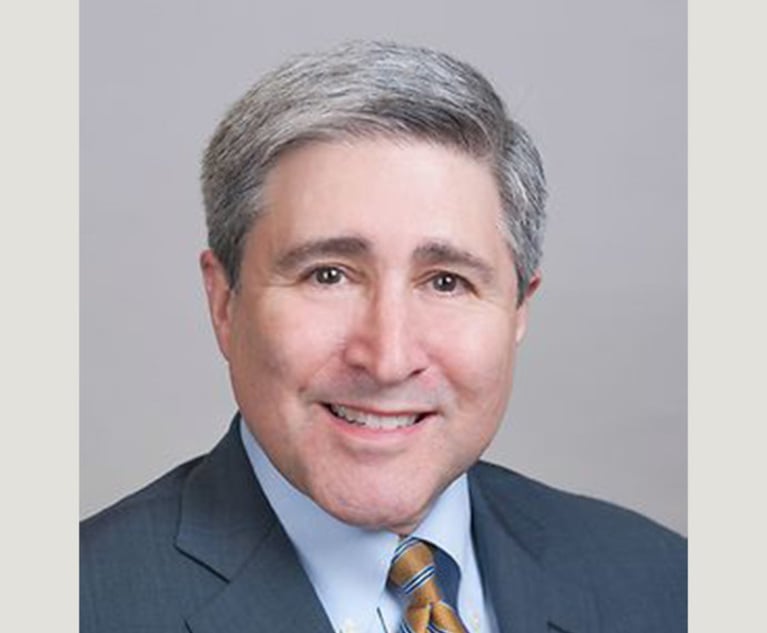A key interest rate for more than $500 trillion of securitiesworldwide will be replaced by a benchmark subject to greatergovernment control, according to a plurality of globalinvestors.
|Forty-four percent of those responding to a quarterly BloombergGlobal Poll said the London interbank offered rate, known as Libor,will be supplanted by a more regulated model within five years.Thirty-four percent predicted the rate will continue to be set bybanks in the current fashion, while 22 percent said they didn'tknow.
|Confidence in Libor has waned as authorities investigate whetherfinancial firms rigged the rate to profit on derivatives positionsand hide how difficult it was for them to borrow money duringcredit-market turmoil in 2008.
|Barclays Plc, the U.K.'s second-largest bank by assets, agreedto pay $460 million in June for its role in fixing the rate,prompting lawmakers, regulators and investors to question theveracity of a benchmark that is pegged to securities ranging fromhome mortgages to credit cards.
|“The Libor scandal should not be something to be hidden underthe carpet because it affects the correct functioning of financialmarkets and the economy as a whole,” said Mario Cribari, head ofasset management at Veco Invest SA in Lugano, Switzerland, and aparticipant in the poll. Governments are trying to intervene “tocalm public anger,” he said.
|The quarterly poll of 847 investors, analysts and traders whoare Bloomberg subscribers was conducted Sept. 4.
|Libor is derived from a survey of banks conducted each day onbehalf of the British Bankers' Association in London. Lenders areasked how much it would cost them to borrow from each other for 15different periods, from overnight to one year, in currenciesincluding dollars, euros, yen and Swiss francs. After a set numberof quotes are excluded, those remaining are averaged and publishedfor each currency by the BBA before noon.
|Investigators have focused on instances of traders coordinatingsubmissions in order to earn profits on derivatives tied to therates for dollars, euros and yen. The probe, which is ongoing, hasensnared banks including UBS AG, Citigroup Inc., Royal Bank ofScotland PLC, Deutsche Bank AG, and HSBC PLC, according to companyfilings.
|Meanwhile, regulators including the U.K.'s Financial ServicesAuthority have started broader reviews of how the rate isdetermined and regulated. The European Commission said Sept. 5 itis also seeking views on possible rules, including forcing banks toprovide real transaction data rather than estimates and increasingthe number of lenders involved in setting the rate.
|'Watered Down'
|The proportion of poll respondents predicting that Libor wouldbe replaced was consistent across the U.S., Europe and Asia.
|“There will be the traditional U.K. process of an inquiry thatmakes few meaningful recommendations, which will then be furtherwatered down to the point that any changes will be both minimal andsatisfactory to nobody,” said Oliver Attwater, a London-based NorthAmerica equity analyst for British Airways Pensions InvestmentManagement Ltd.
|The BBA, which represents more than 200 banks and lobbies policymakers and regulators on behalf of the industry, has been faultedfor failing to fix Libor in 2008 when the Bank for InternationalSettlements first raised concerns that the benchmark was beingmanipulated.
|According to U.S. Treasury Secretary Timothy Geithner, private,unregulated organizations such as the BBA shouldn't be responsiblefor rates such as Libor.
|“We have to take a careful look at other parts of the financialsystem where the markets rely heavily on private organizationscomposed of private firms like the BBA that have somequasi-regulatory or self-regulatory role,” Geithner told the SenateBanking Committee in Washington in a July hearing to discuss theBarclays settlement. “As you've seen in this case, we've got to becareful to make sure the system is not relying on associations ofprivate firms that leave us vulnerable to the kind of things we'veseen.”
|In a Wall Street Journal editorial Aug. 2, Dan Doctoroff, chiefexecutive officer of Bloomberg LP, the parent of Bloomberg News,proposed an alternative to Libor dubbed the Bloomberg Interbankoffered Rate, or Blibor, and offered to manage it as a service toglobal financial markets.
|In answering a separate question about the securities markets,global investors expressed skepticism about the growth ofhigh-frequency trading that uses computer algorithms to buy andsell stocks in fractions of a second. Fifty-five percent said thepractice, which now accounts for more than half of equity tradingvolume, is having a mainly negative impact.
|Regulatory Focus
|Regulators have sharpened their focus on algorithmic andhigh-frequency trading since May 6, 2010, when a computer programemployed by one firm sparked a 20-minute plunge in stock prices,temporarily erasing $862 billion of market value. The issue emergedagain last month when a software malfunction at Knight CapitalGroup Inc. cost the company $440 million and left it looking for afinancial infusion.
|Thirty-seven percent of survey respondents said high- frequencyand algorithmic trading is mostly bad because it makes markets morevolatile, and 18 percent said it was negative because computerproblems could hurt investors.
|“In today's market, emotions appear to drive investor decisionsmore than fundamental rationale,” said Jon Morris, a portfoliomanager at Palladium LLC in Norfolk, Virginia. “Trading byalgorithms and with high frequency clearly is skewed away fromfundamentals. When algorithms are right for the wrong reason, itonly increases investors' abandonment of sound judgment.”
|Proponents of high-frequency trading say it makes markets moreliquid, lowering transaction costs for investors. Thirty-sixpercent of respondents said that the practice was mainly positive.While 30 percent of U.S.-based respondents said high- frequencytrading was mostly good, 42 percent of participants in Asia viewedit positively.
|Across professions, 40 percent of traders and market makerssurveyed said high-frequency trading is good, compared with only 31percent of portfolio managers and asset liability managers whoshared the view.
|The Bloomberg Global Poll was conducted by Selzer & Co., aDes Moines, Iowa-based firm. The poll has a margin of error of plusor minus 3.4 percentage points.
|Bloomberg News
|Copyright 2018 Bloomberg. All rightsreserved. This material may not be published, broadcast, rewritten,or redistributed.
Complete your profile to continue reading and get FREE access to Treasury & Risk, part of your ALM digital membership.
Your access to unlimited Treasury & Risk content isn’t changing.
Once you are an ALM digital member, you’ll receive:
- Critical Treasury & Risk information including in-depth analysis of treasury and finance best practices, case studies with corporate innovators, informative newsletters, educational webcasts and videos, and resources from industry leaders.
- Exclusive discounts on ALM and Treasury & Risk events.
- Access to other award-winning ALM websites including PropertyCasualty360.com and Law.com.
*May exclude premium content
Already have an account? Sign In
© 2024 ALM Global, LLC, All Rights Reserved. Request academic re-use from www.copyright.com. All other uses, submit a request to [email protected]. For more information visit Asset & Logo Licensing.








